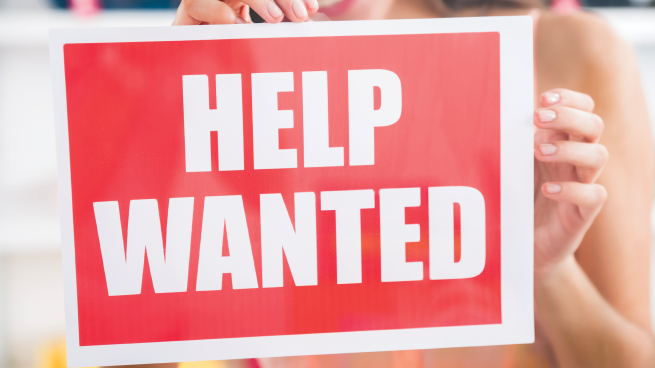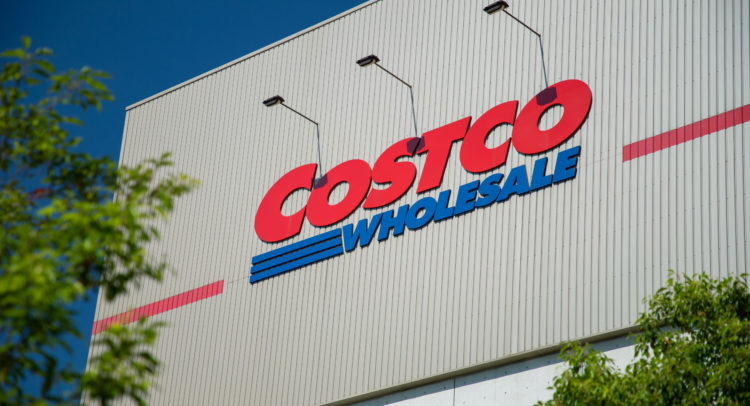After COVID-fueled drop in foot traffic, customers return to in-person shopping — a particularly positive development for the convenience store industry.
“As consumers have resumed their busy lives and continued their cadence with e-commerce, the demand for convenience has steadily increased across all channels,” NielsenIQ said.reports. “Convenience retailers have an added advantage here given the premise of their store formats.”
But as frontline convenience store operators know all too well, many obstacles remain.
“Staffing and supply chain are our biggest hurdles right now. It is very difficult to find enough people willing to work. and with reduced staffing, execution suffers,” says Jonathan Polonsky, president and CEO of Plaid Pantry, a chain of convenience stores serving the northwest of Beaverton, Oregon. “We struggled to maintain a consistent look with our brand — our shelves are not always oriented as we would like them to be — and to maintain morale so that our associates can provide the friendly service on which we have built our reputation.
The fact that similar hurdles hamper suppliers to the industry has only heightened the challenges.
“Our vendor partners face the same issues, which places an additional burden on our associates to order and work freight, a responsibility that was not on their plate before the pandemic,” Polonsky points out. “In general, the reliability of the supply chain is still very low; Our vendor fill rates haven’t improved much over the past year, and we don’t expect much relief until the fall.
Derek Gaskins, chief marketing officer of Des Moines, Iowa-based Yesway Inc., which operates Yesway and Allsup’s branded convenience stores in Texas, New Mexico, South Dakota, Iowa, Kansas, Missouri, Wyoming, Oklahoma and Nebraska, echoes Polonsky.
“Yesway, like other convenience retailers, has struggled with labor issues, supply chain disruptions and rapidly changing consumer expectations. [during the pandemic]Gaskins says. “While COVID-related pressures have eased in some regions, these are still the main hurdles facing the chain. Additionally, the rapidly increasing inflationary environment of the past year has now become our biggest hurdle.
Michael Bloom, executive vice president and director of merchandising and marketing at ARKO Corp., based in Richmond, Virginia.recognizes these same obstacles, but tries to see them in a positive light. “We believe obstacles create opportunities,” he says. “The pandemic has made us think differently about how we serve our customers.”
ARKO is the parent company of GPM Investments LLC, one of the largest convenience store operators in the United States.




